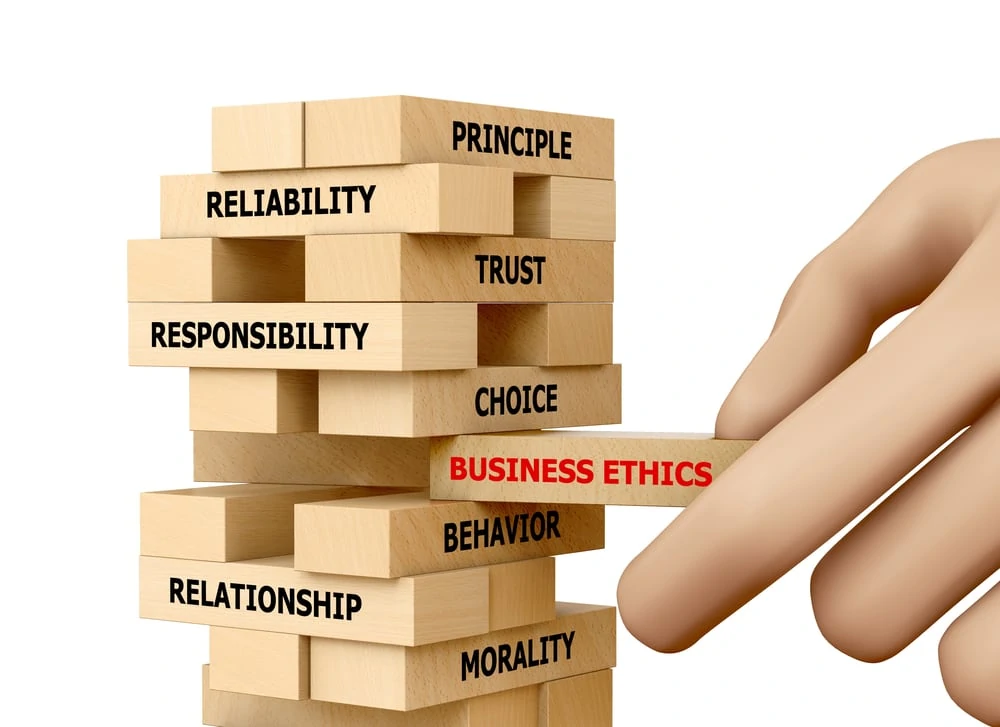Organisations operating in China need to be particularly vigilant in the area of business ethics to avoid infringing UK or international law. Here’s why vigilance and transparency are key to operating successfully in the world’s second-largest economy
Much has been made of both the opportunity and complexity represented by the Chinese market. For an ambitious business looking to take its products or services global, the idea of expanding into the second-largest economy in the world is hard to resist. Not only does it represent a market of 1.4 billion potential consumers, but it is a rich source of skilled labour in manufacturing as well as high-tech and digital industries.
China’s unique history, culture and political system make it a different prospect to the Western markets that many companies will be more used to operating within. The relationship between government, business and military is sometimes blurred, and the UK government has raised serious concerns about how China makes use of emerging technologies to monitor its citizens, as well as other reported human rights violations.
Organisations operating in China need to be particularly vigilant in the area of business ethics to avoid infringing UK or international law, not to mention the serious reputational damage that can occur if it is discovered that a company has been party to or benefitted from any abuses of human rights.
Military-Civil Fusion
The Chinese authorities operate a Military-Civil Fusion (MCF) policy, which was written into the country’s 13th Five-Year Plan in 2015 with the purpose of modernising the military and enhancing its technology. It seeks to achieve this by blurring the lines between civil and military research through an open sharing of science and technology resources.
What this means in practice is that the products a foreign company develops or shares in collaboration with a Chinese partner could theoretically be repurposed for military use – and without the foreign partner’s consent. Understandably, the UK government is concerned about the co-opting of domestic technologies for military purposes, and a business whose tech is discovered to be in use by the People’s Liberation Army (PLA) can face both legal issues and damage to its reputation.
A key way to avoid falling foul of the MCF is by ensuring that you have a comprehensive understanding of the technology your business is manufacturing or selling in China, particularly pertaining to its ‘dual-use’ potential – and have applied for the appropriate export licenses. China can be a highly valuable market for many technologies, but before committing to any deal it’s vital to assess your products for potential military and intelligence applications, even if they aren’t immediately obvious. Your business should consult the relevant UK export authorities if a product seems likely to be subjected to UK Strategic Export Controls. Visit the UK Government’s website –which offers guidance for UK tech firms on managing ethical, legal and commercial matters when working in China or with Chinese companies – for more information about how best to navigate these issues.



